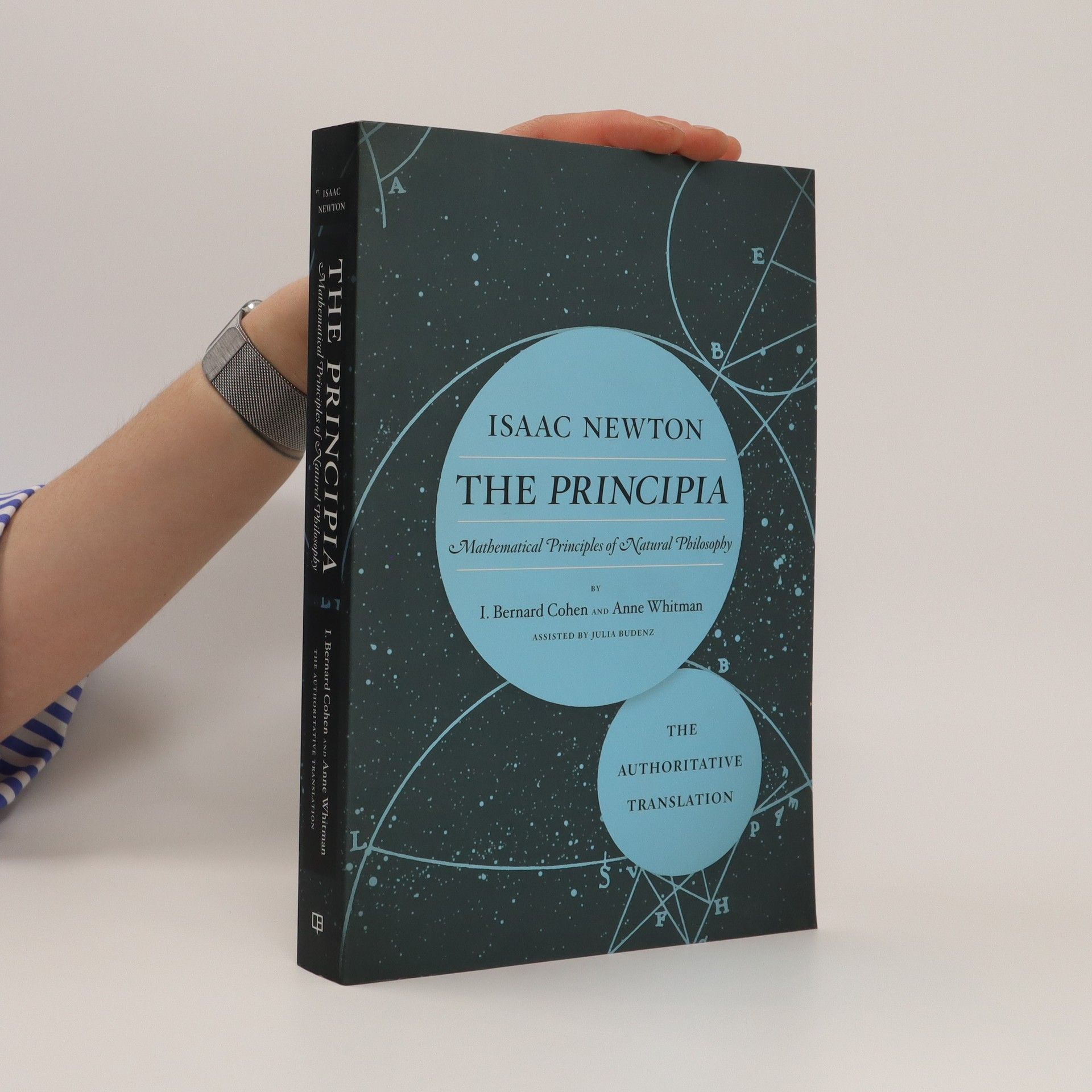The Principia: The Authoritative Translation
- 616pages
- 22 heures de lecture
Presents Newton's unifying idea of gravitation and explains how he converted physics from a science of explanation into a general mathematical system.



Presents Newton's unifying idea of gravitation and explains how he converted physics from a science of explanation into a general mathematical system.
The book offers a unique interpretation of the revolution that established modern science, focusing on Newton's innovative relationship between abstract mathematics and physical observation. It highlights how Newton's methodology involved constructing a mathematical system that mirrored the physical world, which was then refined through experimentation. Professor Cohen further examines the nature of scientific creativity, proposing that scientific change occurs through transformations of existing ideas, a concept applicable to various scientific disciplines.
Science in the Political Thought of Jefferson, Franklin, Adams, and Madison
The book explores the profound intellectual contributions of early American presidents, highlighting their scientific knowledge and interests. It reveals how Thomas Jefferson comprehended Newton's Principia, Benjamin Franklin's pivotal role in electricity, John Adams' extensive scientific education, and James Madison's integration of scientific references in the Federalist Papers. This examination underscores the critical intersection of science and governance in shaping the foundations of the United States.